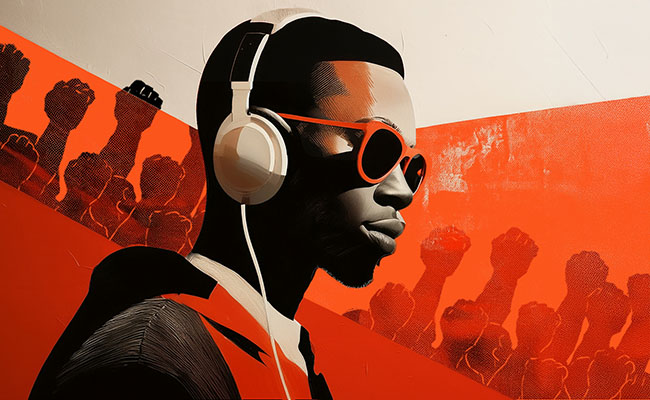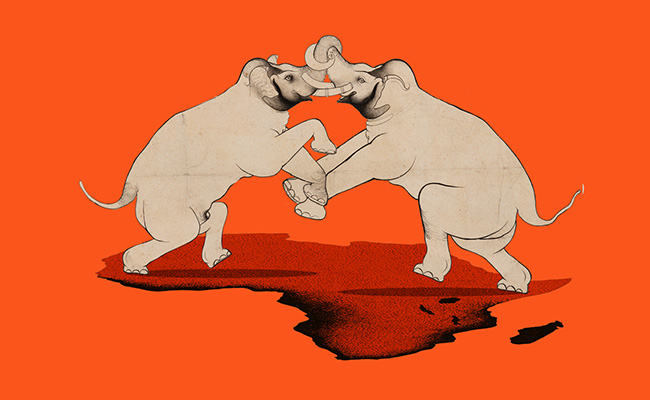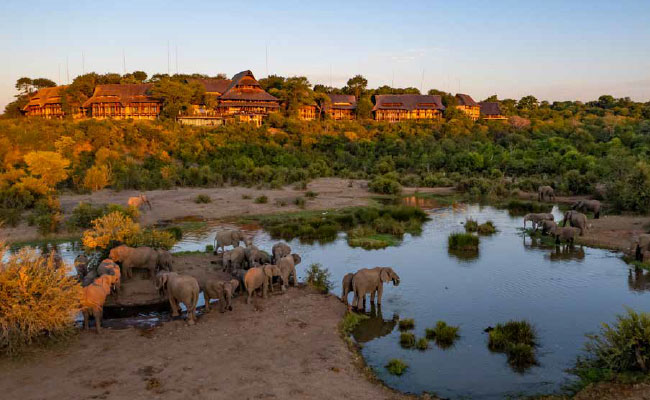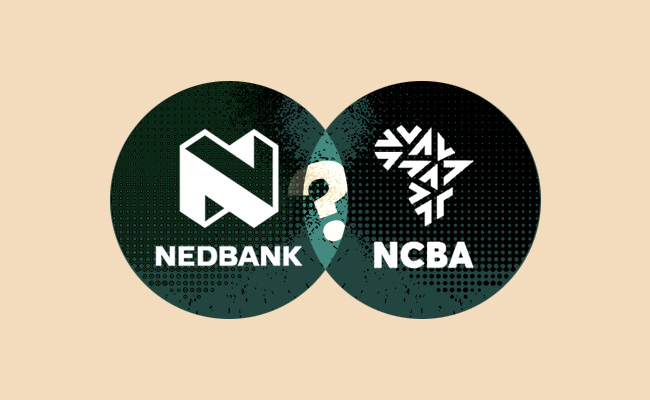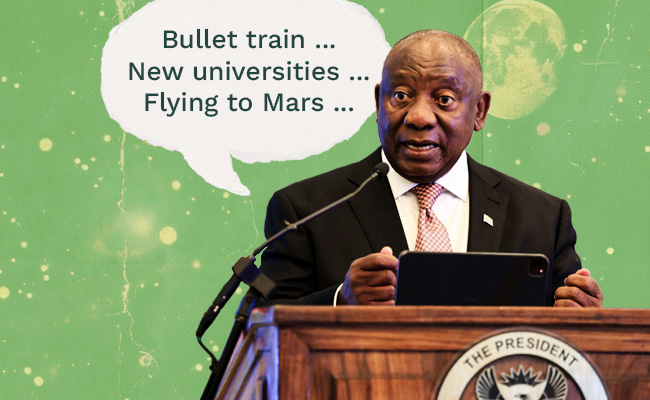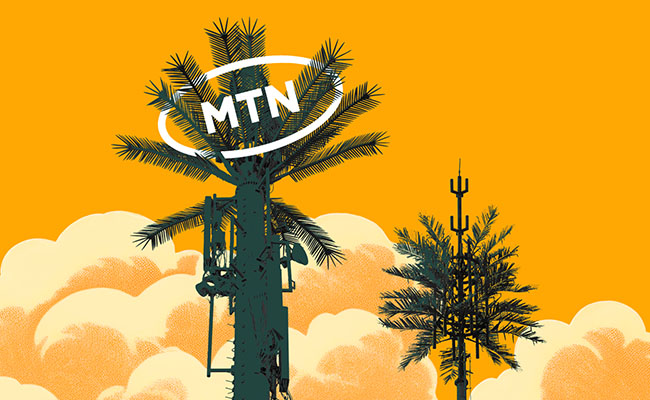Across the globe, a new generation is rising – digitally fluent, politically alert and unafraid to challenge entrenched power, and nowhere is this more visible than in Africa. Armed with smartphones and a deep aversion to injustice, Gen Z is rewriting the rules of civic engagement.
In an era defined by connectivity, the smartphone has become the most powerful weapon for change. From Peru to Madagascar, young people are using their devices to organise, mobilise and resist. Their tools are memes, livestreams, encrypted chats and viral hashtags. Their battlegrounds are both digital and physical. Symbols are unexpected, like Luffy’s straw hat Jolly Roger from the Japanese manga One Piece, now a global emblem of youth-led resistance. In Nepal, it flew outside a burning parliament. In Madagascar, it was localised with a traditional satroka hat. Attempts to censor or criminalise the flag have only amplified its resonance.
This is a generational shift. With a global median age of 30, and Africa’s at just 19, young people are the majority in many countries. Yet they remain politically marginalised, economically disenfranchised and socially excluded. In Cameroon, President Paul Biya governs a nation where more than 40% of citizens are under 15. In 2024, 19 African countries held elections, yet youth leadership remained strikingly absent.
Not waiting to be invited in, Gen Z is demanding structural reform. They are intersectional, inclusive and impatient with leaders who only pay lip service to change. According to GlobeScan’s 2025 global youth concerns survey, at above 60%, they rate corruption, human rights abuses and unemployment as “very serious” issues, more than any generation previously. They fight simultaneously for gender rights, racial equity, LGBTQ+ inclusion, climate justice and economic fairness.
Gen Z’s disillusionment with traditional economic systems is rooted in lived experience. Youth unemployment remains stubbornly high. The cost of living continues to rise unabated. Home ownership is but a dream for so many, when the chasm between pay and prices yawns so wide. This generation is increasingly unwilling to tolerate systemic injustices like gender-based violence and police brutality. Digital platforms have become lifelines, they are sources of information, spaces for solidarity, and tools for resistance.
Local goes global
In Morocco, chants of “Stadiums are here, but where are hospitals?” echo frustrations heard in Peru, Nepal and Kenya. Local struggles are now global conversations. In the past five years, youth-led movements have surged across continents. In Peru, young people demanded action on crime and corruption. In the Philippines, an estimated 130,000 Gen Z protesters rallied against a multibillion-dollar infrastructure scandal. In Nepal, a social media ban sparked violent mass protests, and resulted in an online poll to select a new prime minister.
Africa is no exception. In 2024, Kenya’s Gen Z ignited a nationwide movement against the proposed Finance Bill under the hashtag #RejectFinanceBill2024. They flooded social media with infographics, protest guides and personal testimonies. Police brutality only fuelled their resolve, sparking solidarity actions in Uganda, Nigeria and Mozambique.
Kenya’s #EndFemicideKE campaign, first launched in 2019, resurfaced in 2024 as young feminists demanded the government declare femicide a national disaster.
These movements, often decentralised and unfunded, echo the spirit of Africa’s independence struggles. Only now, the frontline is digital.
In Madagascar, youth-led protests forced President Andry Rajoelina to flee the country. In Tanzania, young people erupted after President Samia Suluhu Hassan was re-elected with 98% of the vote, following the jailing, banning or disappearance of opposition leaders. The government’s internet shutdown, intended to suppress dissent, backfired, drawing international attention and galvanising broader support.
Social media platforms are central to this new wave of activism. TikTok and X spotlight causes. Instagram builds emotional resonance through visual storytelling. WhatsApp and Telegram offer encrypted co-ordination, especially useful in an environment of surveillance and shutdowns. Discord and Reddit host decentralised organising among niche, tech-savvy communities. These tools have enabled cross-border solidarity, and African youth are learning from and collaborating with peers in Latin America, Asia and the diaspora, sharing tactics, globalising causes and building transnational movements.
But mobilisation alone is not enough, it only lights the fire. To sustain it, institutional engagement is essential. Young people must be represented in governance. Civic education must empower them to lead effectively, beyond the streets. Allies in the media, civil society and the private sector must amplify their voices and protect their rights.
This generation is not just demanding change – it is shaping it. The world cannot afford to ignore it. As American author Diana Peterfreund once wrote: “Sometimes it’s only the young ones who are crazy enough to change the world.”
Top image: Rawpixel/Firefly/Currency collage.
Sign up to Currency’s weekly newsletters to receive your own bulletin of weekday news and weekend treats. Register here.



